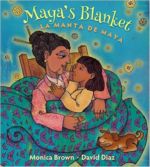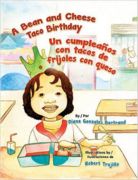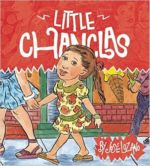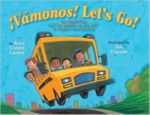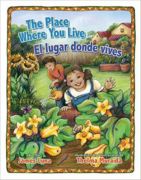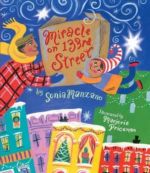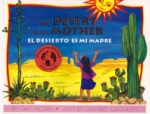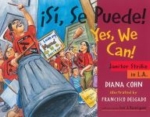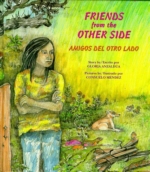
A young boy rides the bus across town with his grandmother and learns to appreciate the beauty in everyday things.
Join the discussion of Last Stop on Market Street as well as other books centered around relocation on our My Take/Your Take page.
See the review at WOW Review, Volume 8, Issue 3 and Volume 18, Issue 1.

